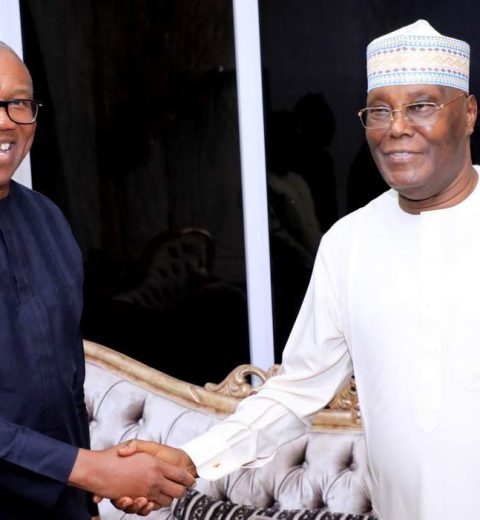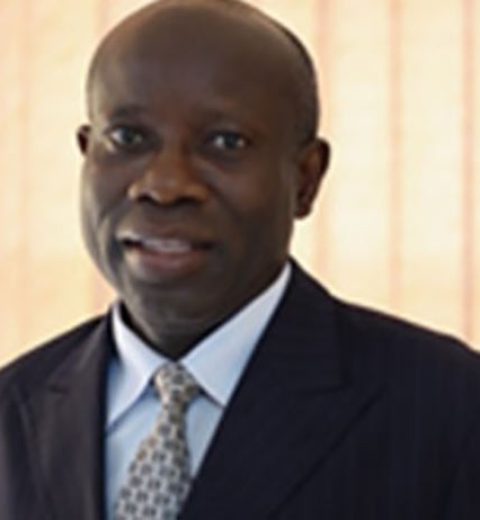
Vice President Kashim Shettima has affirmed that Nigerians can anticipate substantial improvements in various economic facets, including inflation and food security, among others.
Shettima made these assertions during the second edition of the Chronicle Roundtable, organized by the 21st Century Chronicle at the Ladi Kwali Hall, Abuja Continental Hotel, on Thursday.
He stated, “In due course, Nigeria’s economy will witness significant expansion once we’ve surmounted these challenges. Positive transformations will soon manifest across various economic parameters – including inflation, per capita income, GDP figures, poverty alleviation, food security, and other aspects that are close to the hearts of our citizens.”
Nigeria’s economy has faced a downturn in recent times, with the headline inflation rate climbing to 33.20 percent in March 2024, up from 31.70 percent in February 2024, according to a report from the National Bureau of Statistics.
Since the government’s decision to eliminate fuel subsidies, Nigerians have been consistently calling on the FG for interventions to alleviate the impact of the subsidy removal, particularly on the prices of essential commodities such as food items, transportation, and housing.
“There’s undoubtedly a time for planting and a time for harvesting. In between those times, we appeal for patience and urge collective sacrifice from all, especially from us. We wish there were an alternative to addressing this issue without resorting to drastic measures,” the Vice President implored.
Shettima emphasized that the President “opted for the solution that would save the nation’s life rather than one that would merely prolong its inevitable economic decline. Prior to assuming office, the most pressing issue was the question of fuel subsidy removal.
“We understood the rationale behind our predecessor’s decision to eliminate it and their refusal to allocate funds for it in their final fiscal year.”
The VP expressed dismay that in 2022, the nation’s debt service to revenue ratio had soared to 111.18 percent, characterizing it as an “economic death sentence.”
He explained, “The year before we assumed office, Nigeria’s debt service-to-revenue ratio had escalated to 111.8%. The impending debt crisis may sound like sophisticated economic terminology to the average citizen, but we are better positioned to grasp how such miscalculations have unfolded in other nations. It’s a financial death sentence.”
“In simple terms, our debt servicing was such that if you earned, let’s say, N100,000, the entire sum wasn’t solely paid to your creditor; you were compelled to borrow an additional N11,800 to settle the debt. How do you expect to survive this, and how many more loans before you become a pariah?”
Discussing the administration’s economic reforms aimed at stabilizing the Naira, Shettima praised the Governor of the Central Bank of Nigeria, Olayemi Cardoso, and the National Security Adviser, Nuhu Ribadu, for countering “the overwhelming influence of currency manipulators who had colluded to thwart our reforms.”
“Today, I am proud to say that their interventions have yielded the desired outcomes, and the Naira’s resilience against all odds is an inspiring journey that doesn’t require learning in Buenos Aires, as some may suggest.”
Stay updated and stay ahead of the game! For more instant updates, breaking news, and exclusive content on political news, follow Lagosstate.com. Don’t let any headline slip by!




